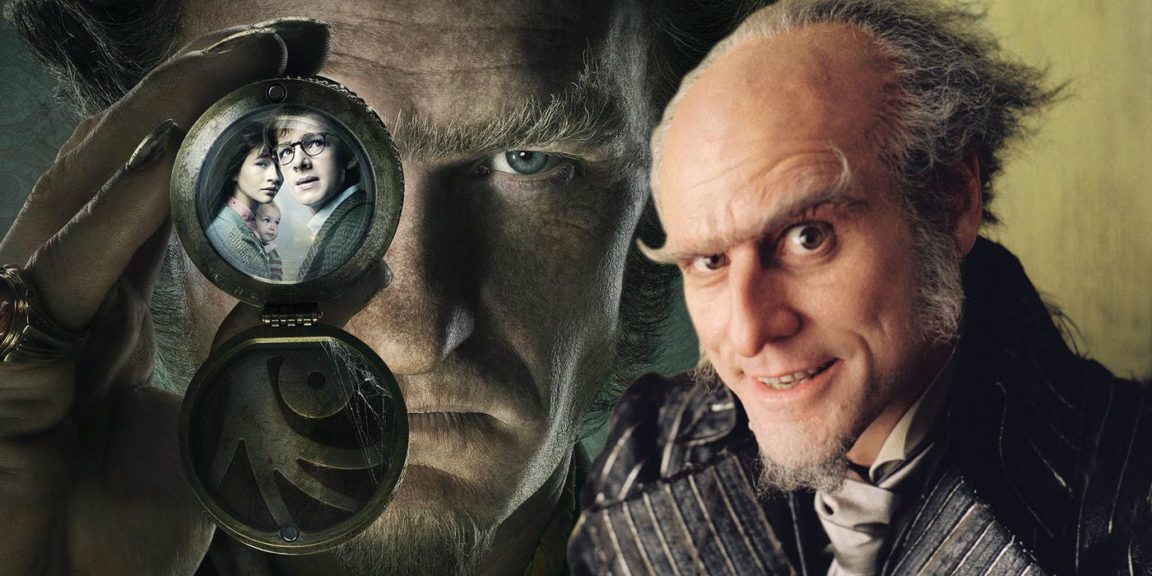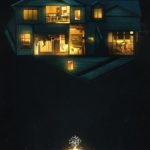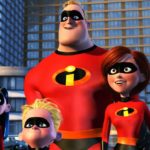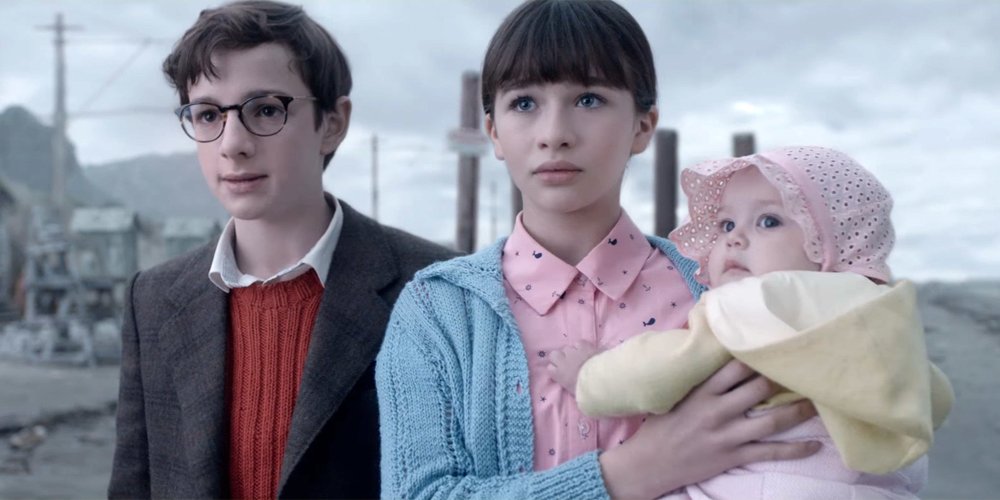
Upon the release of any film adaptation, the most frequent rhetoric verbalized by fans is a stout and often smug, “The book was better.” What these literature fans often cite is that films simply don’t have the runtime to include all the different subplots, character motivations or themes of a famous book. And these assertions are quite true. Yet, this doesn’t necessarily mean that including every single minute detail of a book will make for a higher quality piece of film or television.
Different Forms of Media
It’s quite obvious that while books, film, and television all tell stories, each prevail in their own specific ways. Books can be incredibly more descriptive and drawn out, television shows can offer stories and character arcs which span years, and films can deliver a well-paced three act storyline confined to a concise two hour window. Much of the criticism film adaptations of literature receive has to do with what works in books versus what works in film. Fans of a book are often dismayed that the film didn’t have time to include every detail, subplot, or character. But this doesn’t necessarily make the film poor quality by its own cinematic standards. This however, does not stop fans and even creators from attempting to remake film adaptations to be more accurate.
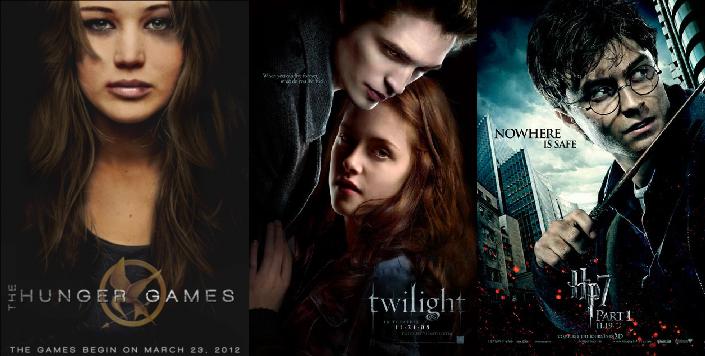
The Shining may be considered a horror classic by many, but to author Stephen King, it was a travesty that defiled his novel. In fact he was so displeased that he remade it into a three part TV movie. It’s an incredibly faithful adaptation and doesn’t exclude a single scene from the book, but it’s far too long, drawn out, and bores people to death upon seeing it. Despite this example, there were still many fans of the Lemony Snicket novel series who felt that the 2004 film rushed and glossed over much of the first three books. They too cheered when the Netflix series was announced.
Where Netflix Struggles
At first it seemed like a great idea. After all the film franchise never quite took off, so the Netflix series was the only other way to adapt A Series of Unfortunate Events in its entirety. The author himself was greatly involved and the casting of Neil Patrick Harris was an excellent choice. But much like King’s “true” Shining adaptation, Netflix’s A Series of Unfortunate Events feels like it takes much longer than it should to get through the story. Each “chapter” is covered by two episodes amounting to what feels like a 90 minute TV movie. And after watching both seasons, its formulaic style becomes obnoxiously apparent. The children are whisked off with some new guardian, encounter a bumbling idiot of an adult, Count Olaf shows up in a terrible disguise which everyone buys, eventually they foil his plan, but he manages to escape just before being captured.
Because the series is so much longer and drawn out, these tropes are more apparent and frustrating. In addition Lemony Snicket’s tangents often detract from the storyline and go on just long enough to be annoying rather than amusing. He, along with most of the other adults seem like they’re trying too hard to be in a Wes Anderson film with their incessant deadpan delivery even in dire situations. It just feels as if the show could do each storyline in one 45 minute episode rather than two and the pacing wouldn’t be so sluggish.
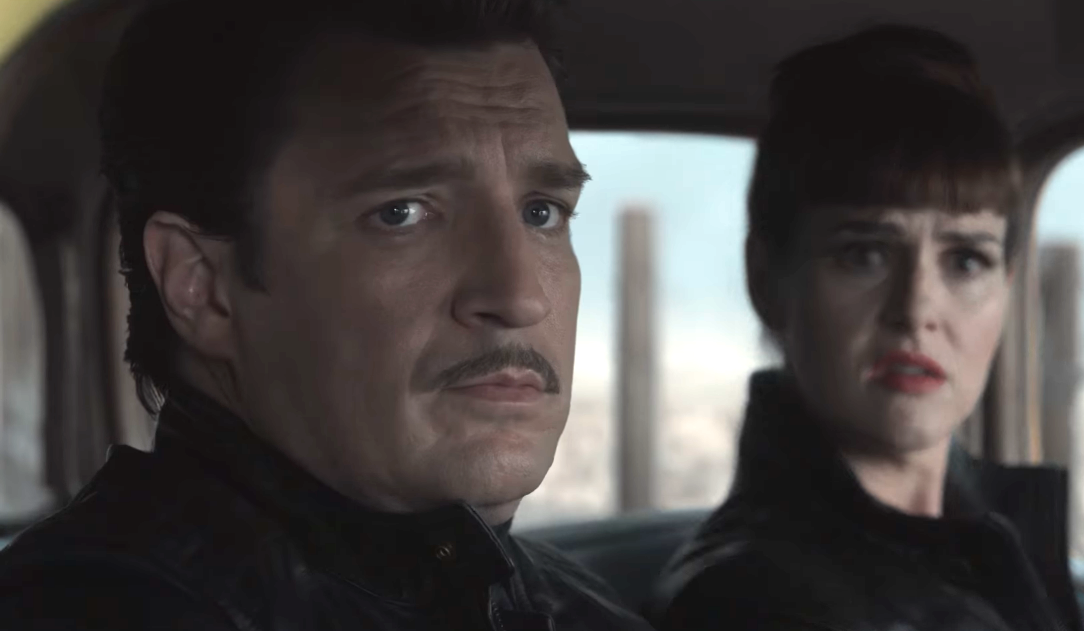
What The Film Got Right
While some criticize the 2004 film for rushing its pace, the plot at least seems to always be moving. In addition the acting in the film is a lot better. To be fair, they had more time for production and were able to afford the very best such as Jim Carrey, Billy Connolly, Timothy Spall, and Meryl Streep. The latter two guardians in the film seem much more warm, well rounded, and human, whereas their show counterparts seem quirky just for the sake of being so. In congruence with the acting, the series never attempts to take itself seriously, rather it plays everything for a joke.
The film had a great deal of dark and quirky humor, but it also wasn’t afraid to get legitimately dark. Harris’ Olaf never seems very threatening while Carrey’s has moments of genuine dread and malice. The film’s ending with the letter from their parents was incredibly poignant and cathartic, both emotional responses that not even hours and hours of episodes on Netflix could ever achieve. Unlike the series, the film was never afraid to embrace the duality of comedy and drama as well as the beauty inherent in emotional tragedy.
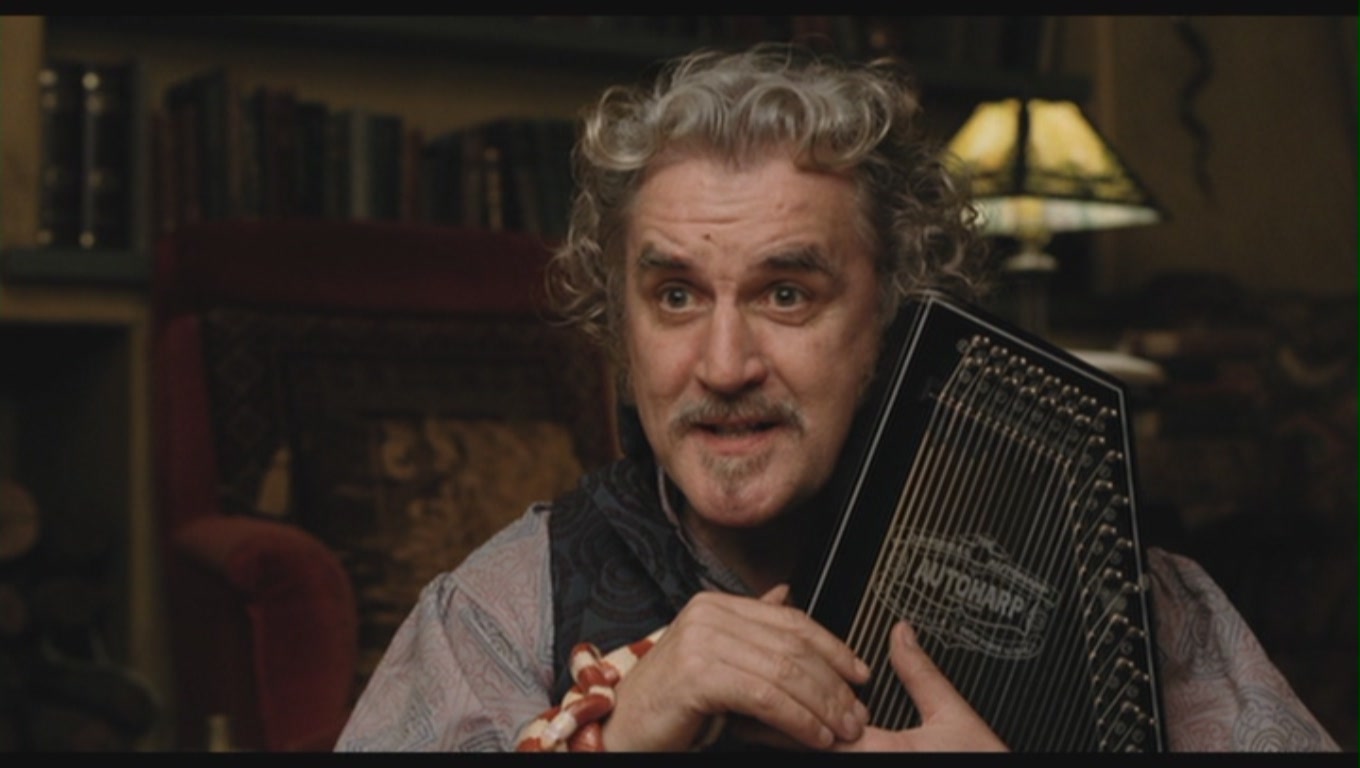
The Franchise That Would Never Be
Initially, the plan was to adapt the books into a film franchise, one which Jim Carrey was excited to be part of. Paramount aimed to have it be their own Harry Potter type moneymaker. But unfortunately, only one film was ever made. Upon its release, it received mixed reviews. For many children and other audiences, they weren’t quite sure what to make of it. Was the film trying to be intentionally depressing, or was it trying to introduce dark humor to children? Were they even capable of understanding such a concept?
Perhaps if it had come from Tim Burton, the expectation would have been different going in. Instead it was advertised as a Paramount/Nickelodeon production for kids, rather than a PG Tim Burton movie semi-appropriate for children. Whatever the reason, it didn’t hit with the impact as intended. This lead to a subpar box office performance. While it did gross $209 million on a $140 million dollar budget, it certainly wasn’t a flop, but also wasn’t the gigantic hit everyone wanted. Perhaps if it had made more, Paramount would have gone forward with adapting the next three or four books into a follow up film.
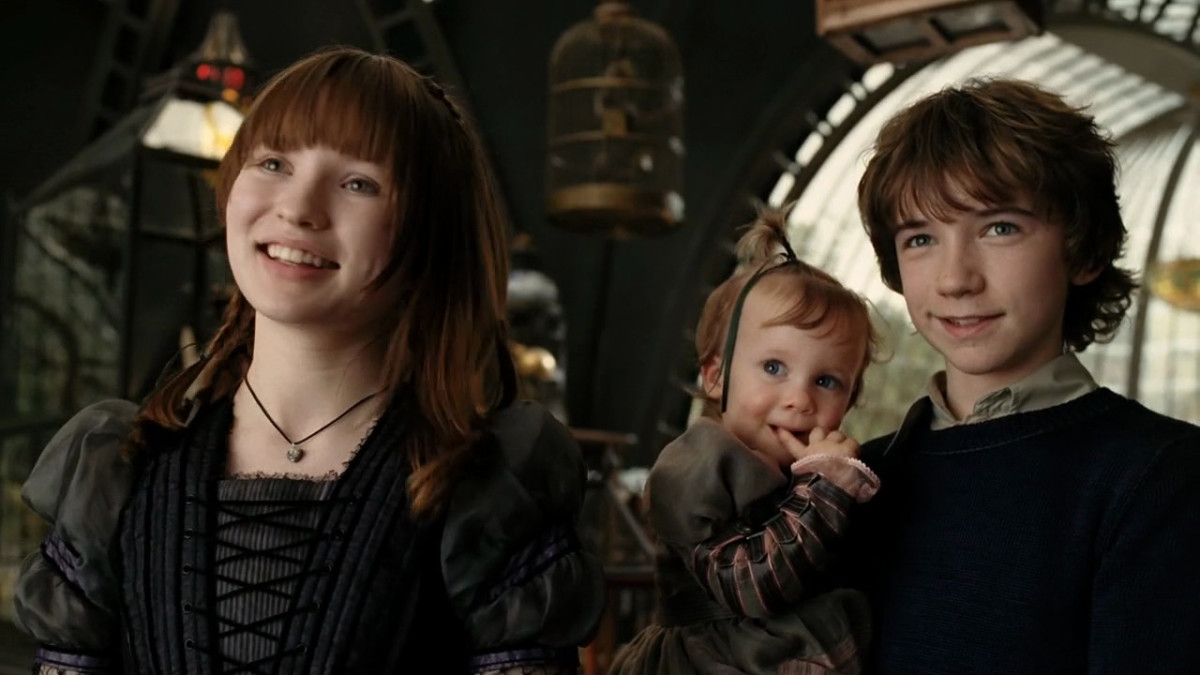
While the Netflix series isn’t terrible by any means, it just isn’t as well acted, presented, or as dark and poignant as the film was. And it’s a great shame that audiences will never get the franchise that Paramount had envisioned way back in 2004. It would have been a marvel to behold.


